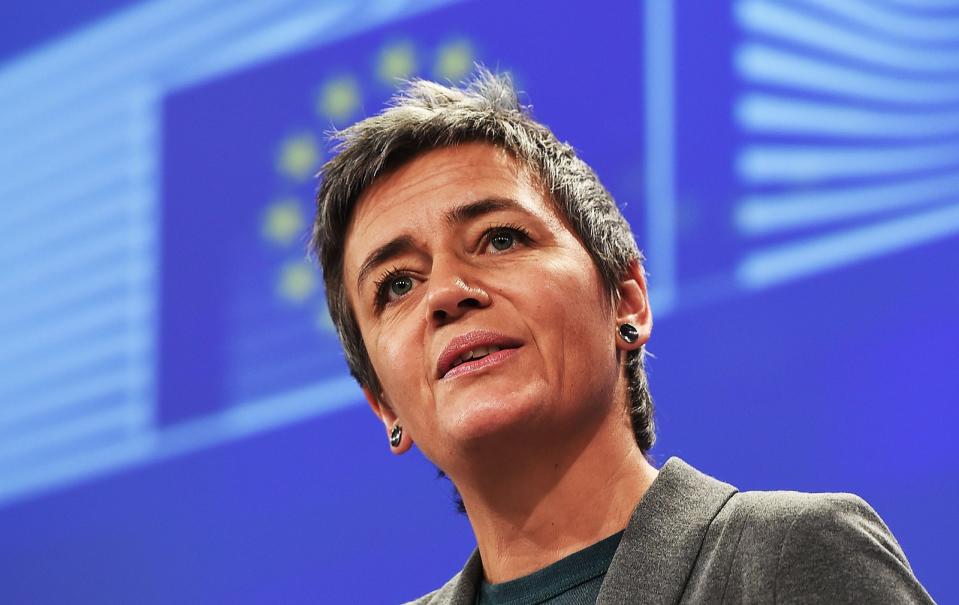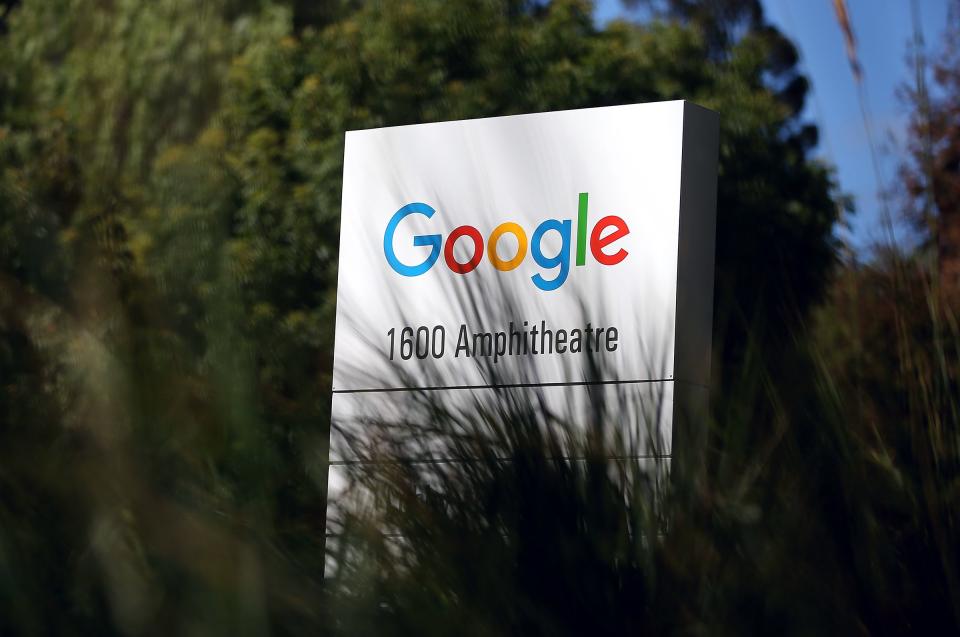Yelp Claims Google Broke Promise to Antitrust Regulators
Yelp is accusing Google, its longtime rival in local search, of scraping photographs of local businesses from Yelp and other sites for use in Google search results, violating promises that Google made in 2012 as part of a settlement to end a Federal Trade Commission investigation.
In a letter to FTC Chair Maureen Ohlhausen, Yelp urges the agency to “take action and remedy these violations.” The author of the letter, Yelp’s vice president of global public policy Luther Lowe, says the FTC should reopen its investigation of Google’s business practices.
As part of the 2012 agreement, operators of other websites can opt out of having content such as photos or user-generated reviews scraped by Google for its own services, such as Shopping or Google+ Local. Yelp opted out and says that Google agreed to stop scraping Yelp content even before the formal agreement, in response to a cease-and-desist request to Google in July 2011.
Recommended
Business
What the EU's $2.7 billion record-setting fine really means for the future of the search giant.
Business
American antitrust officials are questioning whether the Standard Oils of Silicon Valley should be scrutinized on more than just price.
Business
The EU will finally charge Google in antitrust investigation.
Google, European authorities allege, simply has too much power to keep potential rivals out of the mobile market.
Yelp suspected Google had resumed scraping after the owner of a North Carolina gym told Yelp that an image from a Yelp listing for another gym was showing up as its Google business listing. Yelp set up a test to see if Google was pulling images from its servers. Yelp says it found Google pulled almost 386,000 images from Yelp in an hour, and then used some of the photos in business listings in Google Maps. Yelp says it searched Google for 150 of those businesses and found that a Yelp photo was a lead image in Google’s Local OneBox—which shows a business’s location, phone number, and reviews—in 111 cases.
Google says it did not intend to use Yelp’s images in the local search box and expects to remedy the situation in a couple of days. “For many years, we’ve been in regular contact with Yelp about product changes and how they appear in search results. This is the first time we’ve heard of Yelp’s complaint that images from their site may be appearing in the way they claim. If they’d have raised this concern with us, we would have immediately taken steps to look at the issue and update these results—as we’re doing now,” the company said in a statement.
Yelp argues that Google’s actions were more than a bug. “The scale of this image content scraping suggests this is not an unintended glitch, but a systematic contravention of Google’s commitments to the FTC,” Yelp said in the letter to the FTC.
Yelp’s letter arrived late Sunday, the day before Google appealed a €2.4 billion fine from the European Union for favoring its own products in search results. Yelp also sent the letter to the EU’s competition chief, as well as four members of Congress, and every state attorney general. The letter was earlier reported by The Wall Street Journal.
The FTC’s investigation, which lasted nearly two years, found that Google did not violate US antitrust statutes, an outcome that helped Google maintain its dominance in search. At the time, some FTC staff members argued that Google should face sanctions for arranging its online search results to draw traffic to its own services, the subject of the recent EU ruling.
Google’s promise to let third-party sites opt out of scraping was a five-year commitment that is scheduled to expire a couple days after Christmas. As part of the agreement, Google said that material violations of its commitments “would be actionable” by the FTC under Section 5 of the FTC Act, which governs unfair or deceptive acts or practices.





